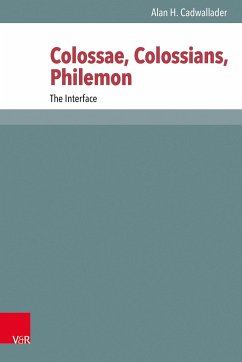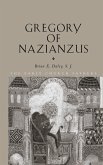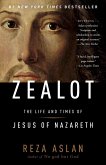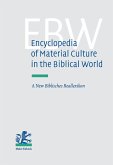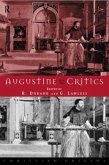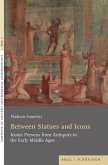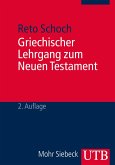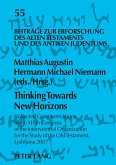The material culture of Colossae is here for the first time given as full a collation as possible to the present day. 38 inscriptions, 88 coins and 49 testimonia are brought together in the context of a thorough overview of the site of Colossae. These include evidence that has been thought lost or has been overlooked or misinterpreted or has only recently been discovered. New readings, insights and analyses of the material evidence are brought into a highly creative exchange with the two letters of the Second Testament connected with the site. The texts thereby become additional evidence for an appreciation of the life of a city in the first two centuries of the Common Era.The fullest collation of evidence for the ancient Phrygian city in the Greco-Roman period was the coin catalogue assembled by Hans von Aulock (1987). The most recent catalogue of the inscriptions of Colossae was published by William Calder and William Buckler in 1939. There has never been a full inventory of ancient writings that bear witness to the site. Alan H. Cadwallader in his volume not only updates this material by subjecting it to thorough, critical analysis in the light of comparative evidence from across the Roman province of Asia and the Mediterranean world. New discoveries from the site and from museums and collections in the United Kingdom, Europe, Russia, Australia and the United States are introduced. Into this assemblage and interpretation are brought the letters to the Colossians and Philemon in the Second Testament writings of the Christian Church. For the first time, the letters are released to be players in the highly competitive environment of a city negotiating its way in the new realities of imperial Rome. Here the letters and their recipients become participants in the society of the day, contributing, critiquing and struggling to forge an identity for the Christ followers within that world. Echoes of the gymnasium, gladiatorial spectacles, cosmological speculations, religious devotion and sanction, family structures, commerce and industry, struggles for justice, intercity competition and legal negotiations are found in the letters, echoes that witness to their participation in the life of Colossae. This is a radical new approach, incorporating the turn to material culture as the embedding of literature and its consumers rather than an embellishing backdrop.
Hinweis: Dieser Artikel kann nur an eine deutsche Lieferadresse ausgeliefert werden.
Hinweis: Dieser Artikel kann nur an eine deutsche Lieferadresse ausgeliefert werden.

